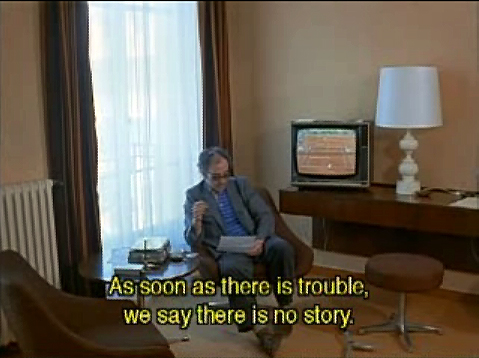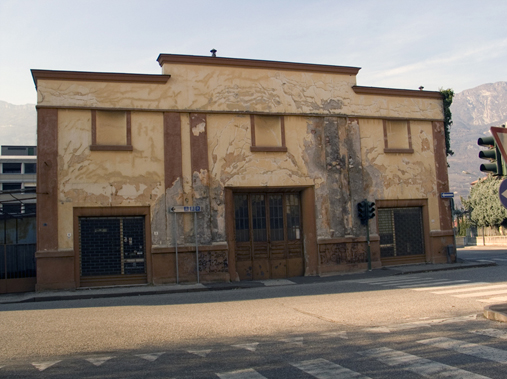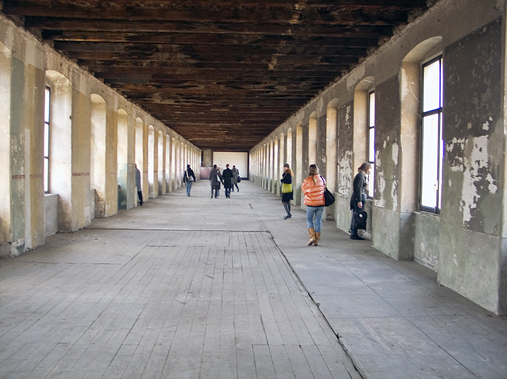My friend Christiane Kühl is working on a publication project for Hebbel Theater in Berlin. The invite to participate is here:
As you might know, the Hebbel Theater will turn 100 years old in January. For this occasion I am editing a publication for the HAU (Hebbel am Ufer), some sort of dictionary. The idea is nice and simple: We chose 100 words from theatre texts written about 100 years ago and now ask artists who are important to the Hebbel Theater and its history to write a short entry for one of these words. Not academic or historical, but with their very personal approach. What we are interested in is to see how certain terms have changed their meaning, what certain concepts (can) mean today.
Well, and since you and Forced Entertainment were and are very special to the Hebbel, we would very much like you to contribute an entry to our book. I might as well say you are indispensable.
The word we would like to suggest to you is:
Hindernis (Obstacle)
*
The short piece I wrote in response is here:
Obstacle
The obstacle might best be thought of as that which makes it possible to do something. Obstacle as the limit, the constriction, the barrier against which you struggle, but which – more amplifier than barrier, and as the force or frame against which you are pressed – makes your efforts and strategies visible; your jokes, grace, clumsiness, and other endeavours readable. Without barrier nothing is possible, nothing meaningful. WIth no obstacle to contend with, you are truly lost; thrown blind in a nightmare free space of unknown dimensions, temperature, atmosphere, and contents. With it, you’re already somewhere. In the dodging, railing, dance with its limits and possibilities is where all of your art, all of your sense, and all of your most productive nonsense lies.
Or: the obstacle as a point on a map – a thing between where you are now and your further off intention, supposed need or goal. You may never get there. But the obstacle helps you understand the terrain, an echo-location tool, giving shape to the truth or falsehood of the journey, the nature and manufacture of the need.
*
Looking forward to seeing the other entries, and enjoying the connection to both Marathon Lexicon and the Formula’s Project which I wrote about previously here and here. Forced Entertainment will be working much more closely with Hebbel in the next years, a prospect that we’re also really looking forward to.


